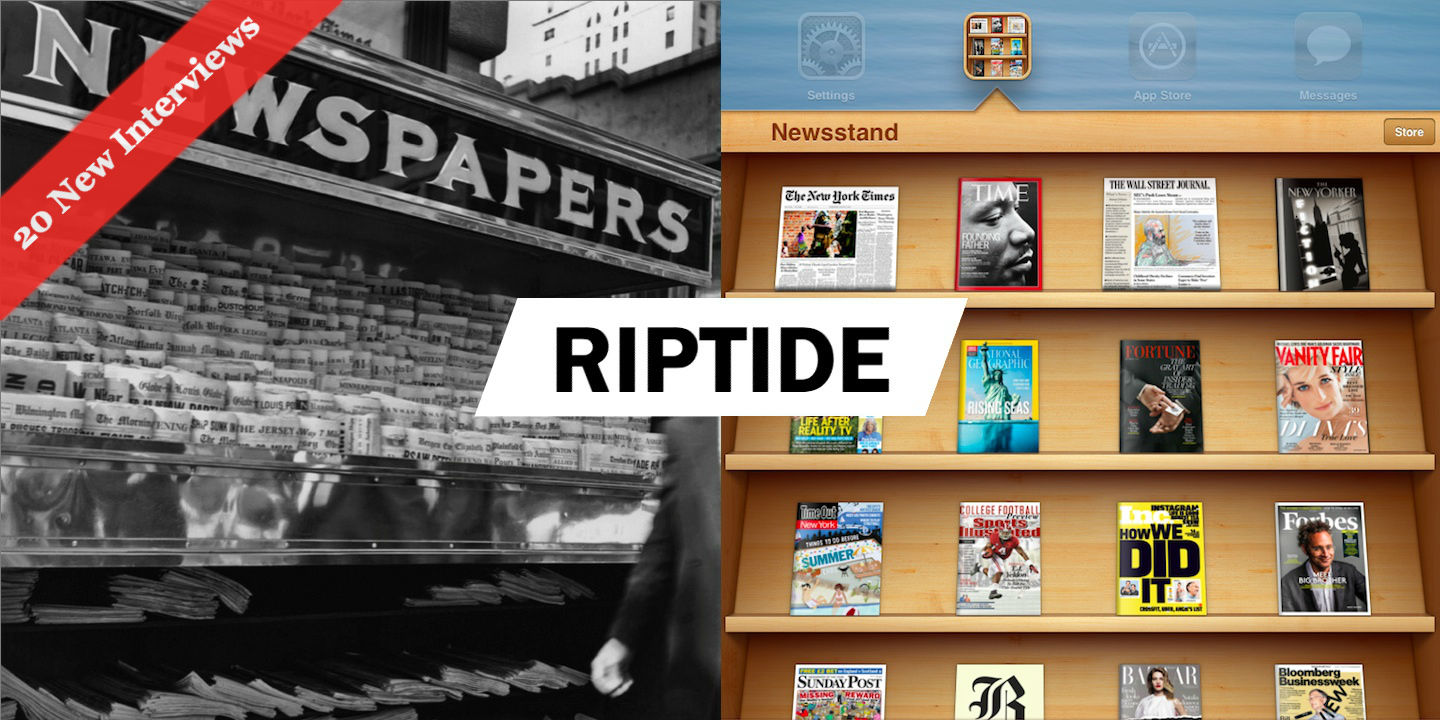The Big Picture
For most of the 20th century, any list of America’s wealthiest families would include quite a few publishers generally considered to be in the “news business”: the Hearsts, the Pulitzers, the Sulzbergers, the Grahams, the Chandlers, the Coxes, the Knights, the Ridders, the Luces, the Bancrofts — a tribute to the fabulous business model that once delivered the country its news. While many of those families remain wealthy today, their historic core businesses are in steep decline (or worse), and their position at the top of the wealth builders has long since been eclipsed by people with other names: Gates, Page and Brin and Schmidt, Zuckerberg, Bezos, Case, and Jobs — builders of digital platforms that, while not specifically targeted at the “news business,” have nonetheless severely disrupted it.
Keep reading Vol 1.
The Tech Journalists
A transformative wave washed over the world economy this past quarter-century
and technology journalists were its chroniclers and front-row witnesses. Many,
among the twenty interviewed, say a catastrophic disruption of the news
business was to be expected. But they feel their warnings went largely unheard
within their workplaces, a contributing factor to the industry’s late and
ineffectual counter-efforts. In contrast to pessimism about the future financial
underpinnings of their business, they’re optimistic about the outlook for
journalism as new tools, audiences and approaches emerge and evolve.
Keep reading Vol 2.
Riptide is an oral history of the epic collision between journalism and digital technology, from 1980 to the present.


